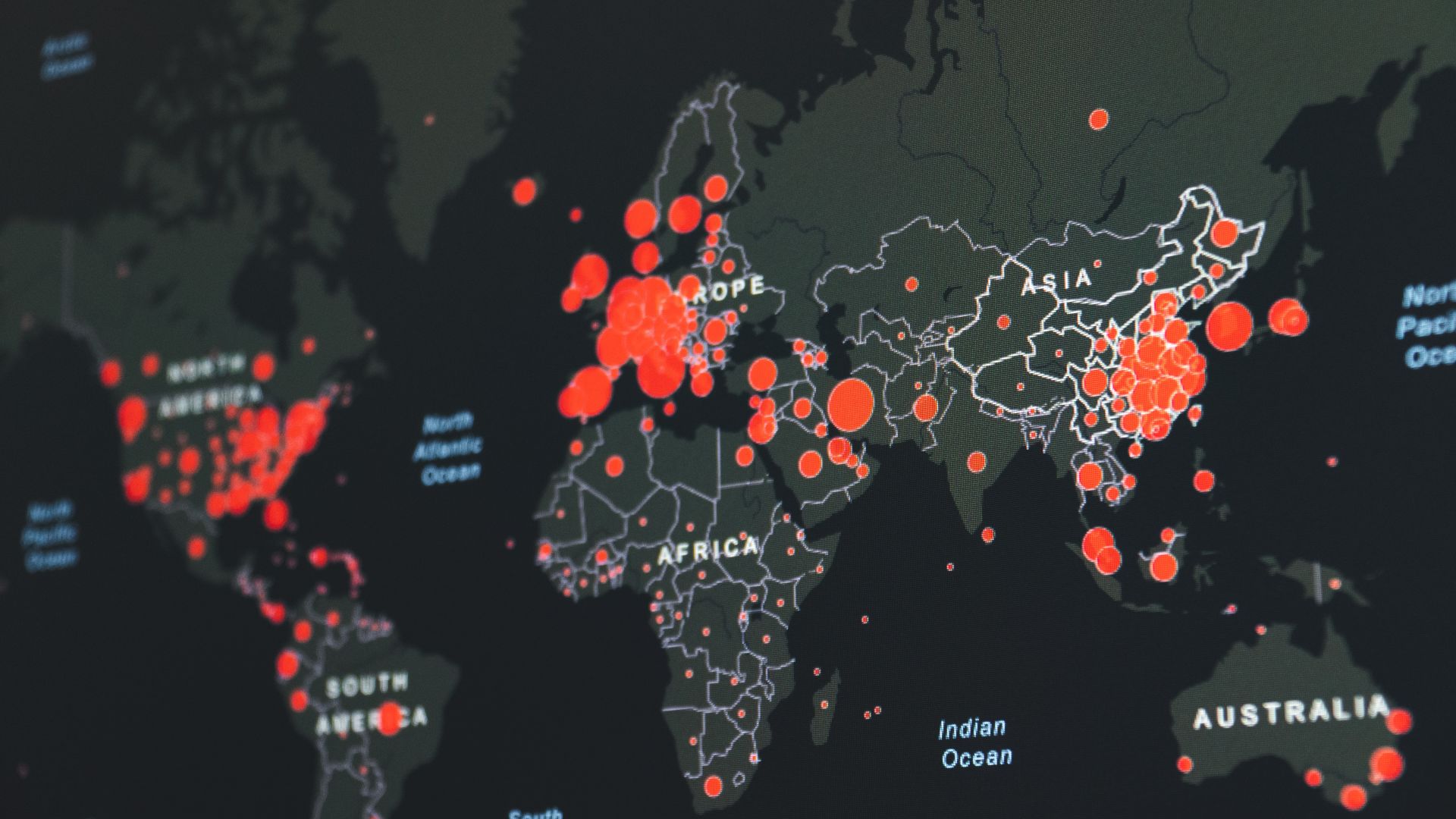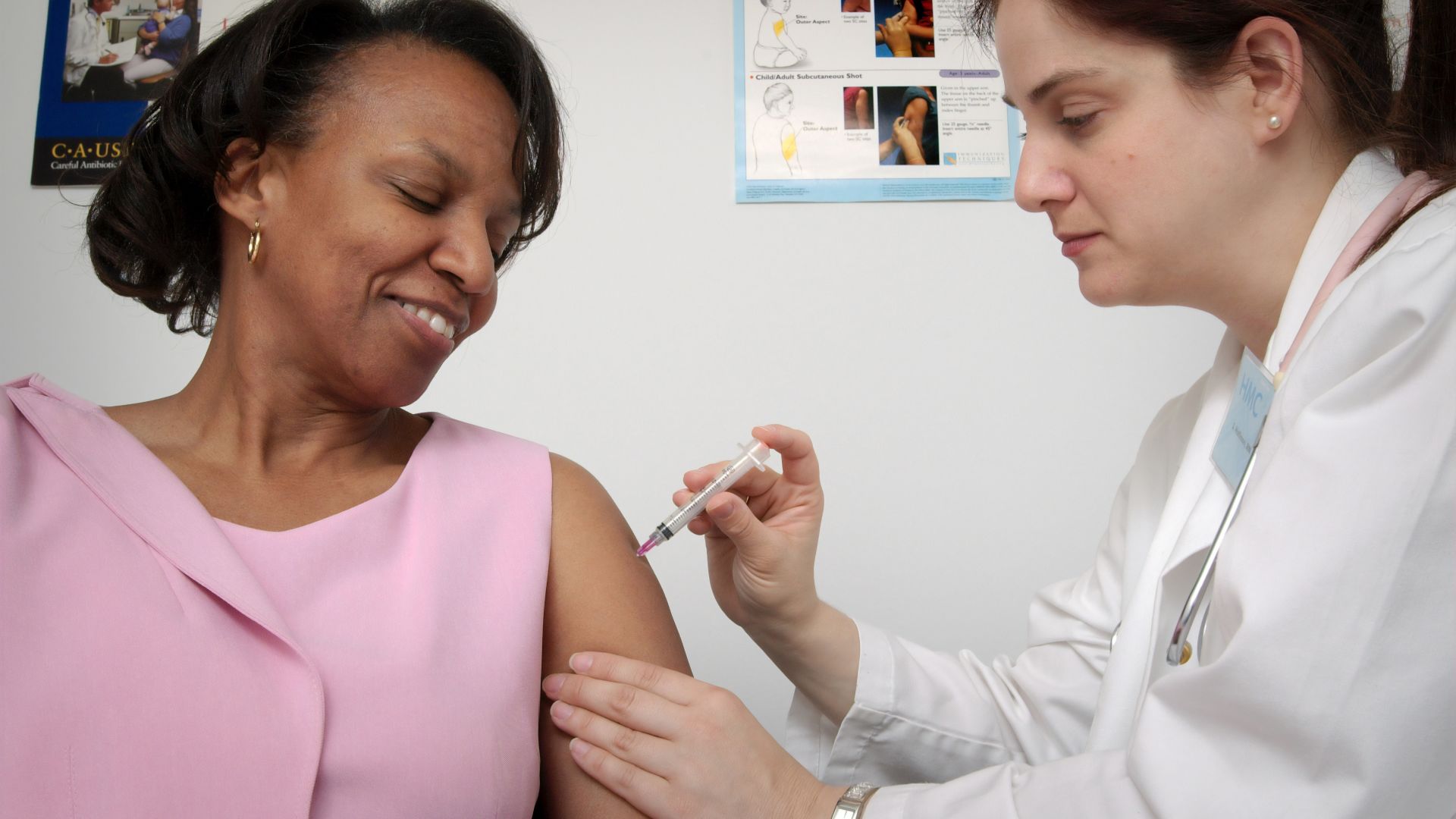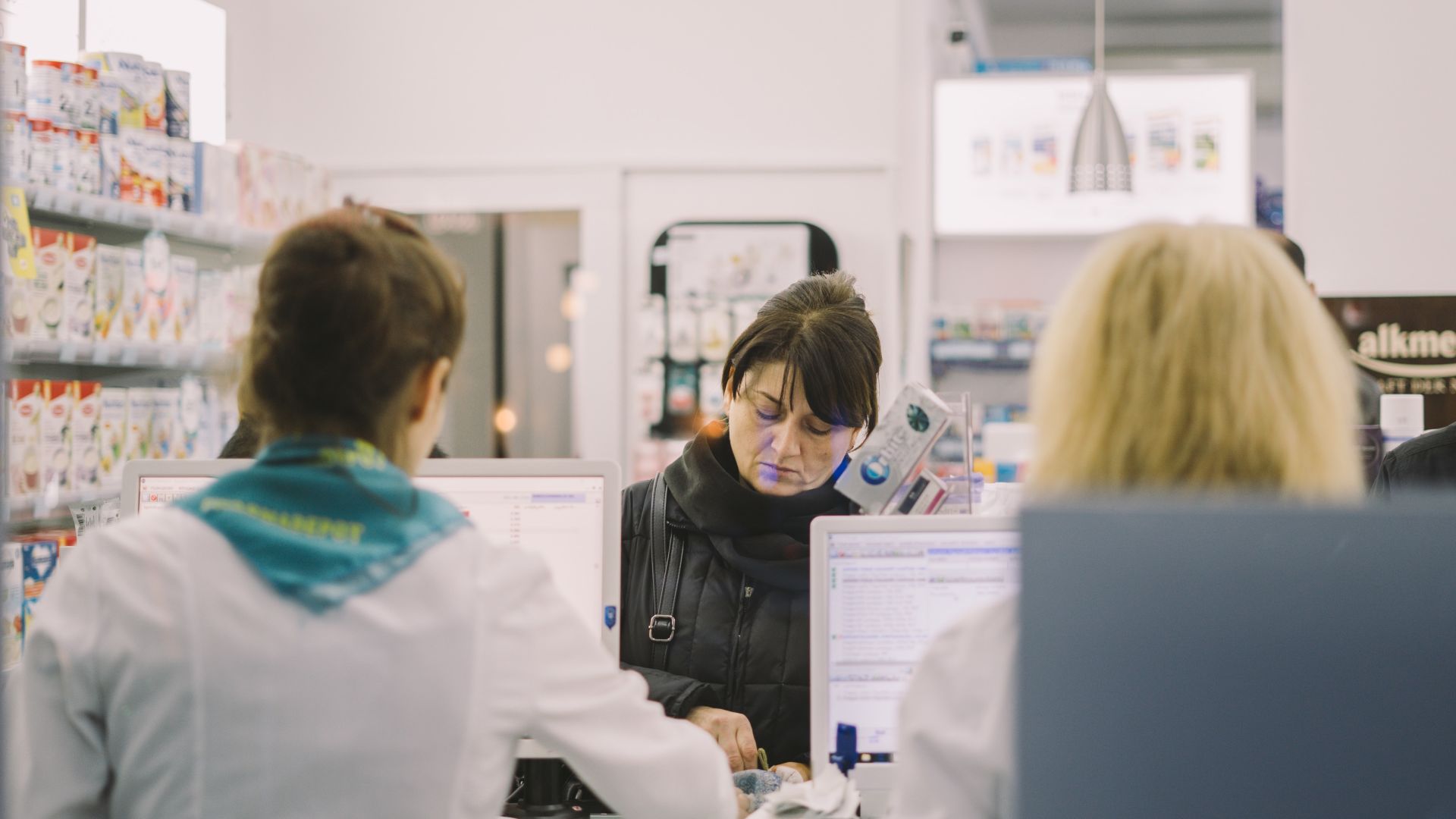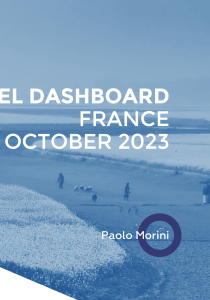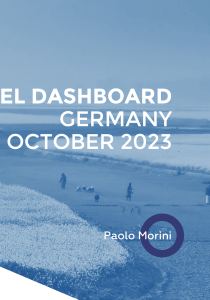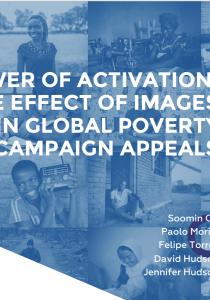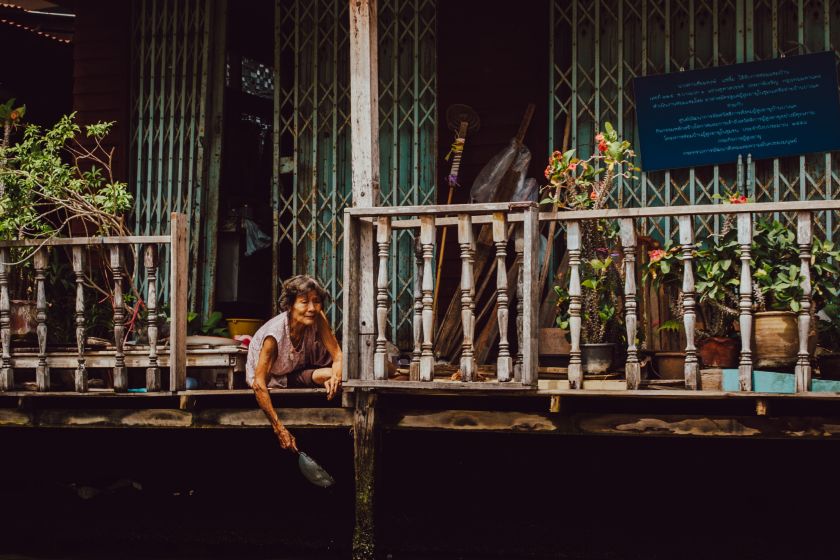
In the third installment of our analysis of gender and COVID-19, we compare priorities among men and women when it comes to responding globally to the pandemic. While women and men largely agree about how to save lives and mitigate impacts, they differ on whether to take a more structural or social approach.
In our last blog on women and the COVID-19 pandemic in Great Britain, we showed two important findings: firstly, women are more likely than men to believe coronavirus poses a high threat to developing countries. Secondly, we showed that those who see the virus as a threat to developing countries are significantly more likely to support higher aid expenditure and other forms of international cooperation to address the pandemic in the developing world. In this final blog, we compare the opinions of men and women about how we can support poor countries to fight COVID-19.
We asked panelists in Great Britain to choose three out of fifteen areas where donor countries can contribute to the fight against COVID-19 and limit negative impacts on economies in the developing world. As seen in Figure 1, the majority of both men and women (53% of each group) believe developing vaccines and ensuring vaccines’ availability to developing countries is the highest priority.
Following vaccines, both men and women think priority should be given to interventions aimed at providing access to medical equipment (37% of all respondents), improving water and sanitation (36%), and strengthening health care systems (30%). Some differences, however, emerge when we consider the responses of men and women separately.
Divisions
Men are more likely than women to prioritise the provision of medical equipment (37% of men compared to 34% of women), but women are more likely than men to prioritise water and sanitation interventions (38% of women compared to 33% of men). Overall, while the provision of medical equipment is the second most important objective for the whole sample, women think that WASH interventions should be prioritised. These are small differences, but charities and NGOs who work on WASH will likely find in women a more receptive audience, especially if they emphasise the impact it can have on the lives of families and the most vulnerable.
Overall support for social protection systems, public budgets, and the private sector is lower: this ranges from the 23% of respondents who wish to prioritise social protections for households impacted by the pandemic, to the 5% who think support should go to governments’ budgets affected by the lack of revenues from taxes.
Organisations working on campaigns for debt forgiveness or suspension for developing countries will be interested to see that support for this intervention lands in the middle, with men slightly more supportive than women. 23% of men think it should be a priority, compared to 20% of women.
Bigger picture
Comparing men and women shows small differences in the overall story, which is good news for charity and NGOs thinking about messaging and appeals aimed at broad audiences. But as this data shows, women and men have slightly different priorities overall. Where men favour certain economic and financial relief options – debt repayment or budget support (6% of men opted for this, compared to 3% of women – women favoured social protections and WASH. 38% of women favoured WASH interventions, compared to 36% of men, and 26% of women chose social protections, compared to 23% of men.
This is interesting, especially in view of the fact that according to our other research, women see the COVID-19 pandamic as a more global threat than personal one, as we showed in the last blog. Even so, women are more likely to prioritise more ‘micro’ support for families and for those like refugees, who are most vulnerable during the pandemic, while men are more likely to prioritise “macro” support to states and governments.






